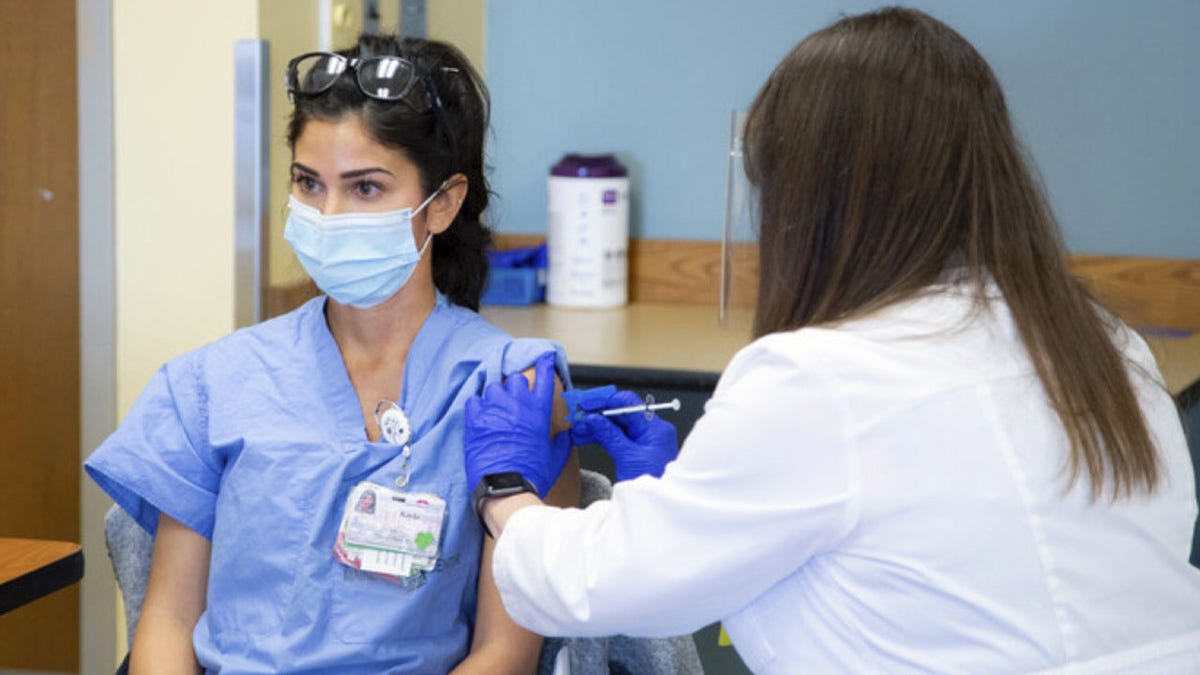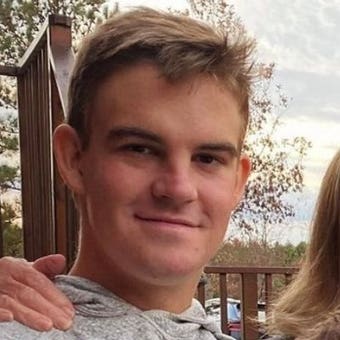HHS Secretary Azar: 20M Americans should be vaccinated by end of 2020
Health and Human Services Secretary Alex Azar provides insight into the historic coronavirus vaccine rollout on ‘Fox and Friends.’
Health care workers were the first nationwide to receive the COVID-19 vaccine this week, but a doctor at Houston Memorial Medical Center said Wednesday that half of his unit's nurses don't want it, calling it a "political toy."
"Yesterday I had a - not a fight - but I had a friendly argument with more than 50 percent of my nurses, in my unit, telling me that they would not get the vaccine," Dr. Joseph Varon told NPR's Steve Inskeep Wednesday.
"Of course I pushed the concept that people should get vaccinated, and I asked, ‘why not?’ And, you know, at the end of the day, like I have said before, coronavirus has become a political toy, and most of the reasons why most of my people don't want to get the vaccine are politically motivated."
PFIZER COVID-19 VACCINES UNDER CLOSE WATCH AMID SNOWY WEATHER, AZAR SAYS
Varon said that he and his staff will have access to the vaccine next week. Despite some hesitation, he said others are "very happy" and "actually kind of annoyed" that they didn't make the first round of vaccination.
The first shipments of Pfizer-BioNTech's vaccine contained about three million doses, with many more to come over the next weeks and months.

Nurse Kayla Mitchell is the first person in Maine to receive Pfizer-BioNTech's COVID-19 vaccine. She works at Maine Medical Center’s COVID intensive care unit. (Charlie Berg/Maine Medical Center via AP)
About 27% of those in a Kaiser Family Foundation poll released Tuesday, said they probably or definitely will not get the COVID-19 vaccine, even if it is free and deemed safe.
PFIZER COVID-19 VACCINE COMPLEXITY LIES IN PACKAGING, NOT STORAGE REQUIREMENTS
The number of Americans who said they probably or definitely will get it when it's available now stands at 71%, an increase from 63% in September.
The first shipment of COVID-19 vaccines begins distribution just as the U.S. reaches 16,716,777 confirmed cases and 303,773 deaths, according to Johns Hopkins University.
Secretary of Health and Human Services Alex Azar told "Fox & Friends" Wednesday that 20 million Americans should get the vaccine by the end of this year, 50 million should get it by the end of January, and 100 million vaccines will be administered by the end of February.
Despite the promise of the vaccine, Houston Memorial's Varon warned people against getting complacent.
"I truly believe that the next six weeks are going to be probably the darkest weeks that Houston has had. We need people to just keep on fighting," he told NPR.
"My primary concern is that, again, they think the vaccine is going to fix it and it's going to fix it fast. No, the vaccine will work, but it's going to take time. It's going to be months and more months, and probably even years before everybody gets vaccinated. And then we will have control over this pandemic."
The Associated Press contributed to this report.



